|
‘There are moments in history when a door for massive change opens, and great revolutions for good or evil spring up in the vacuum created by these openings. In these divine moments key men and women and even entire generations risk everything to become the hinge of history, the pivotal point that determines which way the door will swing.’ (Lou Engle) Some have asked, ‘What happened next..?’ after I shared some early experiences in my previous blog, ‘Against the grain’. Having recently become a follower of Jesus and a left-wing social-political activist, my first action back in the workplace was to tear down the explicit pornographic posters that totally covered the workshop walls. (To understand the impact of this, the shop floor of such industry at the time was a heavily male-dominated environment. In fact, there was only 1 female apprentice in my year of around 80. Against this backdrop, I imagined I would get lynched for this act.) When my work mates saw what I had done, however, they just asked in dismay, ‘Why have you done this?’ I replied simply and assertively that the posters were demeaning to women. Nobody spoke a word. Next, I created a petition to reform the trade union. I used every lunch break to travel to different industrial plant locations to invite colleagues to sign it. Almost everyone said they agreed with what I was doing and advocating. At the same time, however, many explained they felt afraid to sign it in case the union retaliated by dismissing them from membership. They therefore signed with disguised names that were barely legible. On learning of what I was doing, the local shop steward, as official representative for the union, demanded that I give him the petition. I refused and he became angry, warning me sternly that I was ‘playing with fire’. On handing the final petition to the site convenor, the highest trade union representative for that region, he too reacted with predictable outrage. I didn’t wait to be dismissed or sacked. I sensed God was calling me in a new direction so I handed in my resignation, 3 months before I was due to complete my 5 years of studies there, and moved to London instead to work as a Community Service Volunteer. On just £12 a week, my family and friends thought I had gone crazy or joined a cult. In this role, however, I worked alongside a radical Marxist community development worker as part of an innovative social work team and, in my spare time, as a volunteer with local Central American political and human rights organisations. This was a decisive turning point in my life and I have never looked back for a moment with regret for that decision. When I completed this assignment, I hitch-hiked to the Middle East to work in a hospital for the poor. But that’s another story…
21 Comments
‘The final frontier may be human relationships, one person to another.’ (Buzz Aldrin) I met recently with small groups of asylum seekers and refugees from the Middle East and Central Asia. All commented on how grateful they are for the practical help they have received from the host countries in which they have settled in Europe – housing, health, education etc. and money for food, lighting, heating, water, clothing etc. Without such basic necessities, they could not have survived. That said, their sense of isolation, so far away from home, family and friends etc, can be very painful to endure. Sometimes, having escaped persecution, conflict or war, they may feel anxious or reluctant to connect with people from their own countries of origin, in their host countries, because they may be from ‘the other side’. It’s hard to trust if trust has been absent, damaged or betrayed. I ask what they need, what they hope for, what would be life-giving, more than just bearable. Their answer is simple and clear: human relationship, friendship, laughter, to be listened to, to feel heard and understood. Sometimes they lack confidence to reach out. They may fear rejection, feel insecure about their limited local language or worry about a risk of cross-cultural misunderstandings. Host countries may risk focusing so much on strategy, policy and task that they lose sight of relationship. I’m inspired by Pete in the UK and Margitta in Germany. They are followers of Jesus. Whenever we encounter people who are asylum seekers or refugees, Pete and Margitta are welcomed with huge smiles. They see and treat people, warmly, as real people. Love is transformational. ‘Start where you are. Use what you have. Do what you can.’ (Arthur Ashe) My first political act, with a capital P, was at the age of 14. I wrote to my MP (Member of Parliament) during the General Election that year to express my concern about the UK’s practice of retaining records that meant completed voting slips could be traced back to specific voters. It struck me as a profoundly anti-democratic practice, since a secret ballot was an important way of safeguarding freedom of political expression. My MP wrote back to explain that the practice was designed to track allegiance to extremist, anti-democratic far-right groups. That didn’t reassure me. Didn’t that mean we were adopting similarly anti-democratic practices too? He didn't respond. My next political act, this time with a small P, was to stand up in a Trade Union meeting, aged 19, in a packed town hall, and to challenge its politburo-style leadership. I was immediately shot down in flames by the enraged Union leader which, in spite of my trembling hands and voice as I spoke, simply confirmed my view that the Union had become thoroughly corrupt. It spurred me on to organise an organisation-wide petition aimed at reforming the Union by calling for a return to its political-ideological roots and values and to ensure greater fairness. I was confronted by apocalyptic warnings, by words like ‘you are playing with fire’, yet pressed on with the petition nonetheless. By age 22, my vision had turned international. I campaigned against the unspeakably violent actions of oppressive right-wing regimes in Central America that murdered the poor and vulnerable for daring to speak out. I was perplexed by the passivity or tacit collusion of those in power in the UK, US and beyond. Why weren’t we learning from history, from the sociopathic savagery of the Nazi regime through to the sick brutality of Vietnam? Why weren’t we more principled, more angry, more determined to stand up for what is right? I burned myself out with powerless passion. Yet learning to love would prove to be a harder challenge. The corruption I saw out there is also here in me. ‘I raise up my voice – not so that I can shout, but so that those without a voice can be heard.’ (Malala Yousafzai) I once had a secret meeting with the political wing of a revolutionary group from Central America, in a dark basement flat in London. But my story doesn’t start there. This was my moment. As I flicked through the pages of a UK newspaper, an article leapt out at me about the brutal civil war in El Salvador. I don’t think I’d heard of El Salvador before yet it reminded me of accounts I had read of horrific atrocities committed by the Nazis in WW2. I couldn’t change that terrible history but I could do something now. I quickly did some research then set to work straight away, creating flyers and posters and circulating and sticking them up anywhere I could think of, hoping to raise awareness and to spur others into action too. I talked incessantly to family, friends and colleagues about what was happening in El Salvador. Most responded with a bemused look: ‘Why get so wound up about a situation on the opposite side of the world and over which we have no control anyway?’ That didn’t deter me. It was my time to speak. I heard of a demonstration for El Salvador in London so I went there with a friend, both wearing our anti-war combat jackets. On arrival, we were approached by the organisers and invited to carry a banner. To our surprise, they asked us to march at the very front, directly behind a row of children who were carrying a banner too. Some 20,000 people assembled behind us. We raised our voices in safety – while human rights activists in El Salvador were having their throats cut and their bodies dumped onto the streets. Driven increasingly by vicarious trauma, I joined the El Salvador Committee for Human Rights, a team of 3 activists based in a small room, armed only with a manual typewriter. I had the privilege of volunteering alongside a humble legend, Mike Gatehouse, who had previously been captured and held by the military in Chile during the violent coup that had overthrown its democratically-elected government. My role now was to hitch-hike around the UK, encouraging and resourcing local activist groups to amplify their voice. As I look back, I realise that I didn’t have sufficient personal resilience to handle the stress, and I came close to burnout. My efforts were driven more by pain, empathy and instinct than by strategy and I’ve learned, since, the critical value of supervision. Yet Greenpeace’s profound slogan expressed our motivations too: ‘The optimism of the action is better than the pessimism of the thought.’ There are situations in which we have to act, not because we have any guarantee of success, but because somebody has to speak. [See also: Revolution; Protest; Words; Smoke; Nika; I did try] I spent last week in Ethiopia, facilitating a vision-casting, relationship-building and insights-sharing event for an inspiring group of committed human rights activists from countries and contexts as diverse as: Australia, Bangladesh, Belgium, Brazil, Canada, China, Denmark, Egypt, Ethiopia, France, Germany, Hong Kong, India, Indonesia, Iran, Italy, Kenya, Myanmar, Nepal, Netherlands, Nigeria, Norway, Pakistan, Philippines, Poland, Russia, South Africa, Sri Lanka, Sweden, United Kingdom and United States. Listening to their accounts of lived experience, alongside the oft-harrowing accounts of other people and communities too, was a deeply-sobering and yet, at times, life-giving experience. These activists are followers of Jesus from diverse backgrounds who commit their lives and expertise to help ensure, where possible, protection and support for people and groups facing unspeakable persecution. They often take considerable personal risks in the course of their own work too. One day, I went into a local town for a short break. A very poor, elderly man walked up and called out from behind me, a stranger. He grasped my hand, looked earnestly into my eyes and said, emphatically, “Whatever you need, reach out to God. He has the power to heal you.” Then, pointing upwards, as if to God, “He will give you whatever you need.” I felt completely entranced by this man’s presence. I asked his name. “ጥላሁን (Tilahun)”, he replied. I learned later it means: ‘shadow, guide, protector...’ This felt far more profound and spiritually-significant than a chance encounter. I returned to the work in a reflective mood, reminded of the mental and emotional burnout I had faced as a young human rights activist during the brutal civil war in El Salvador. At that time, my efforts had felt painfully impotent in the face of such overwhelming suffering. This mysterious figure reminded me to look upward as well as outward, and there beyond the heartbreak to discover transcendent hope. |
Nick WrightI'm a psychological coach, trainer and OD consultant. Curious to discover how can I help you? Get in touch! Like what you read? Simply enter your email address below to receive regular blog updates!
|
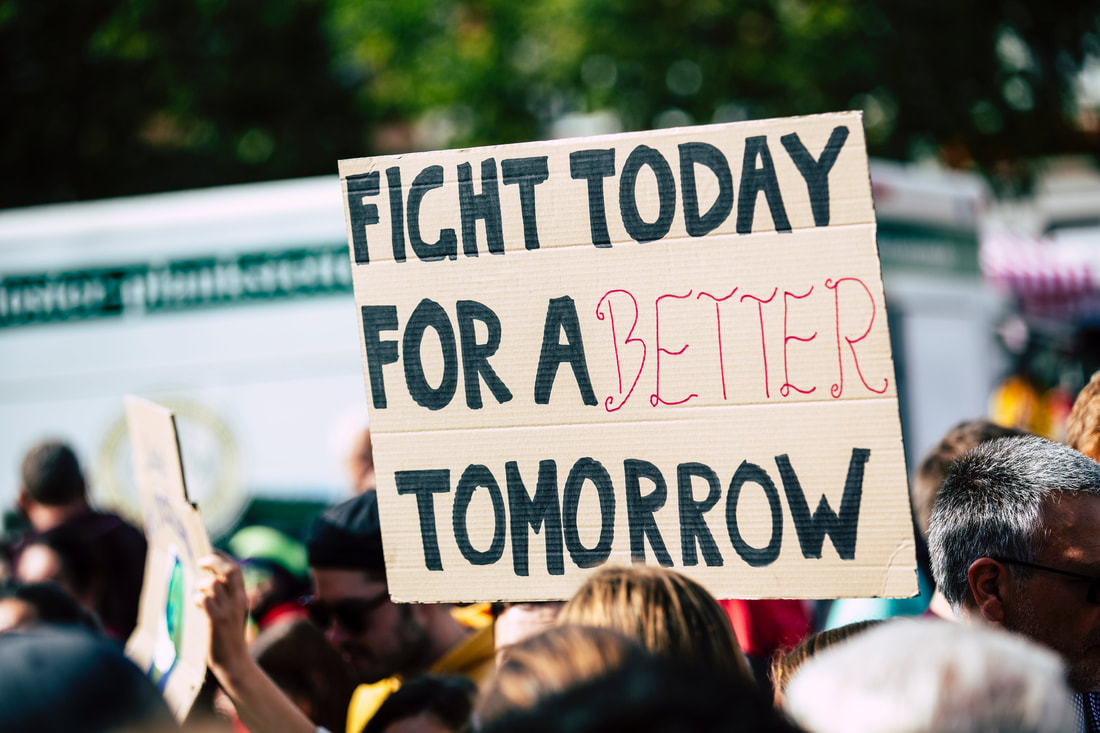
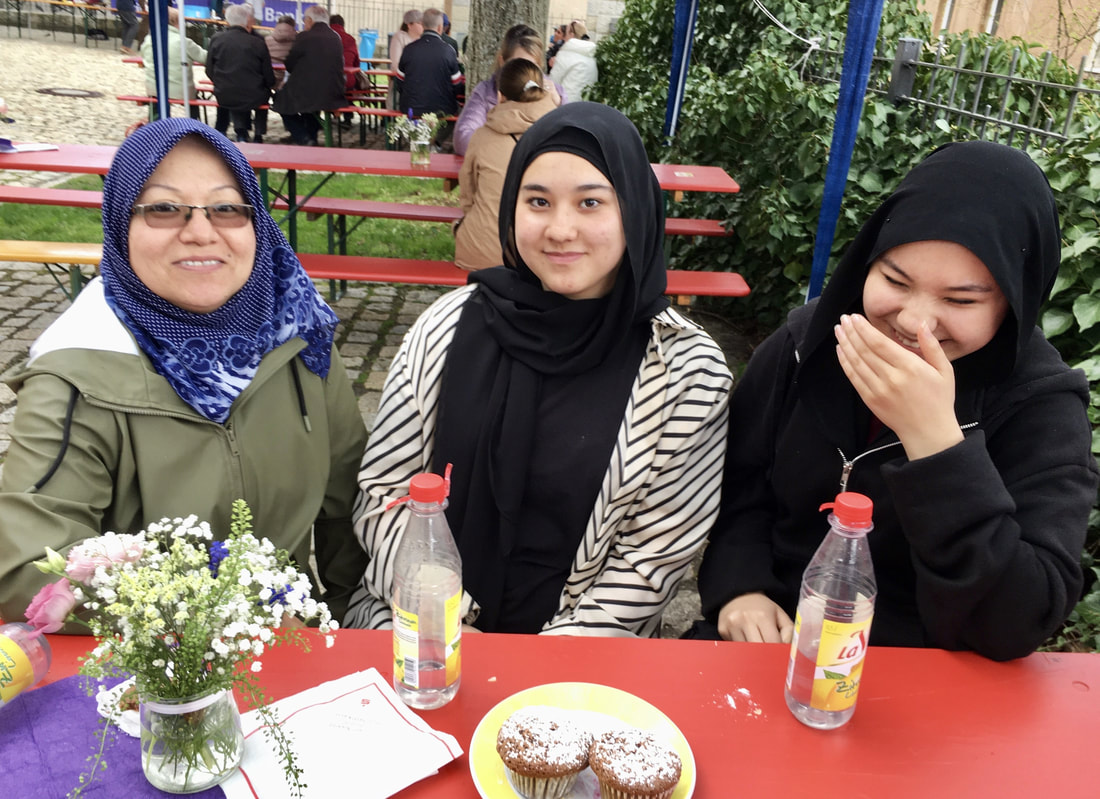
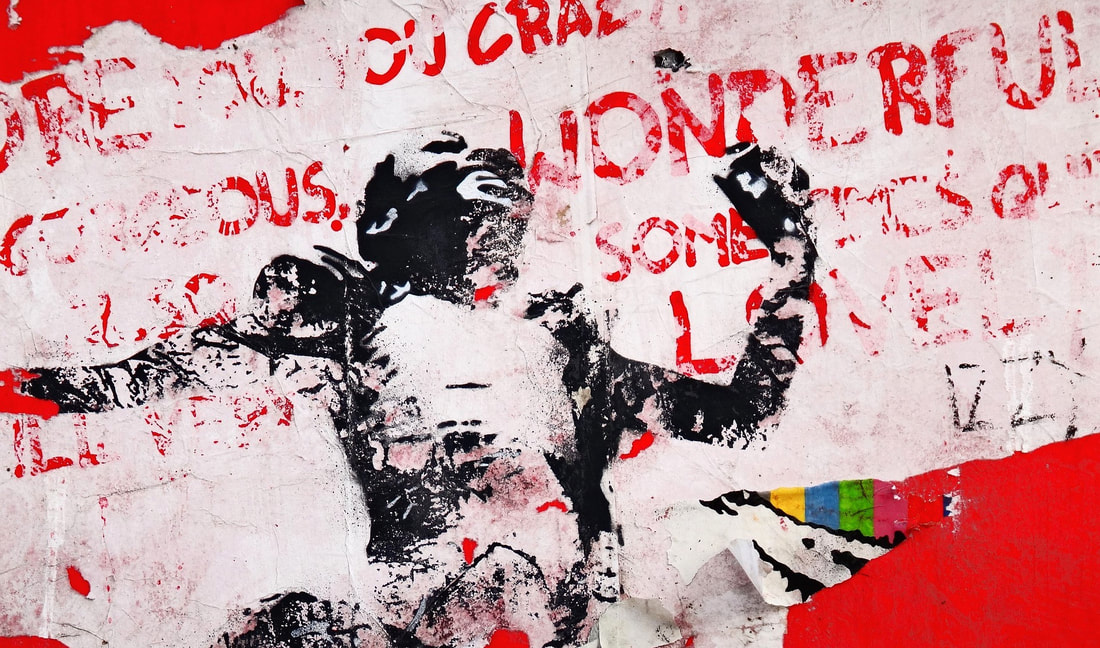
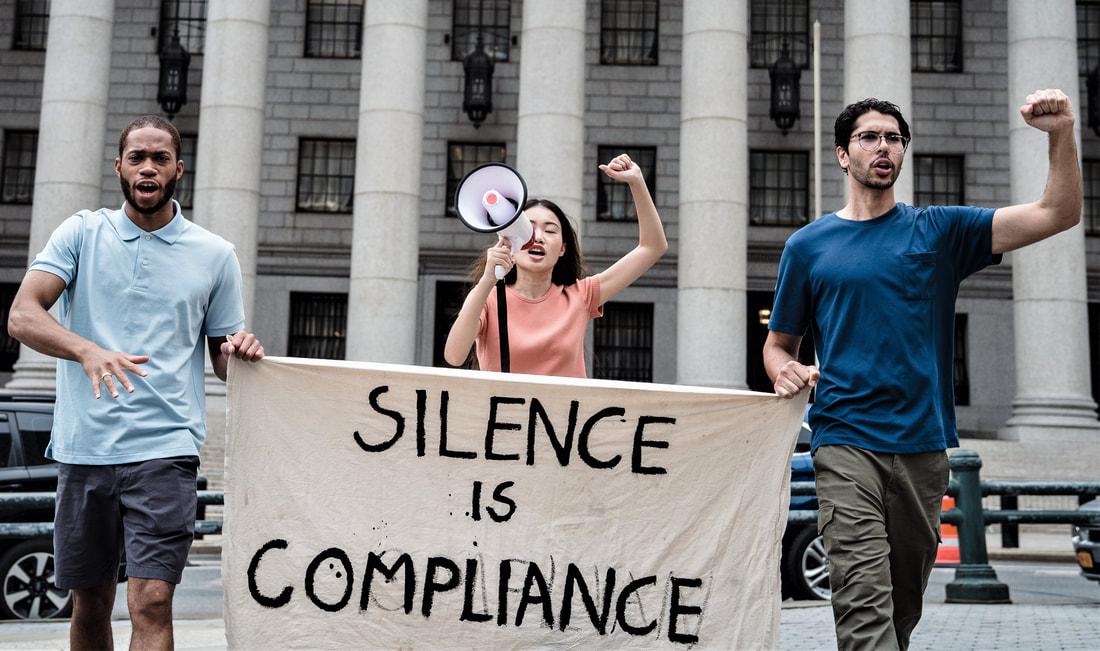
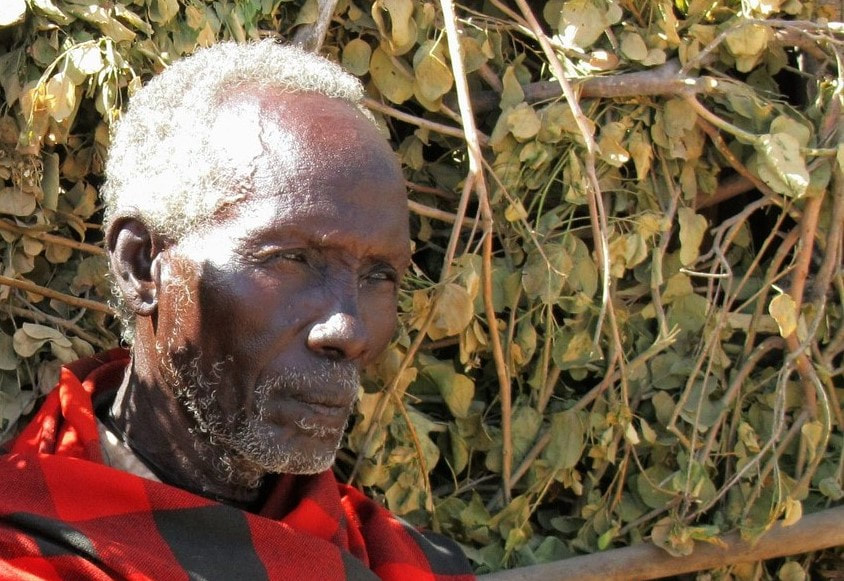



 RSS Feed
RSS Feed